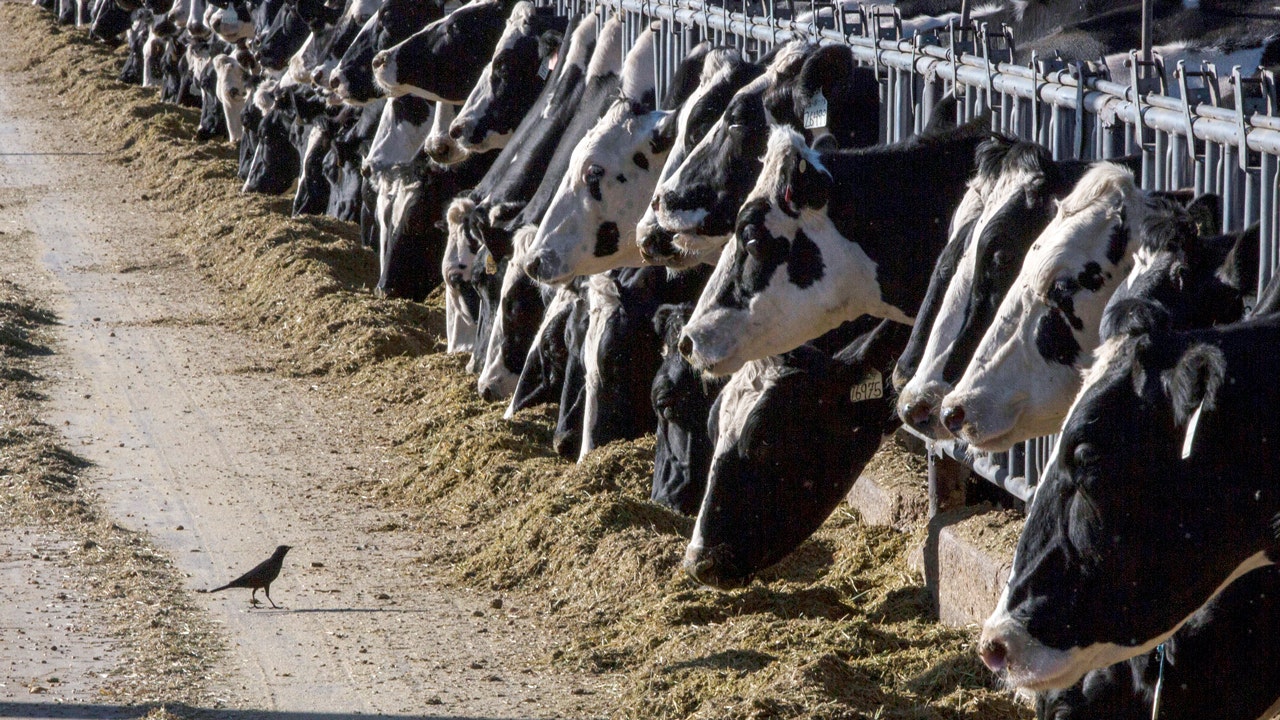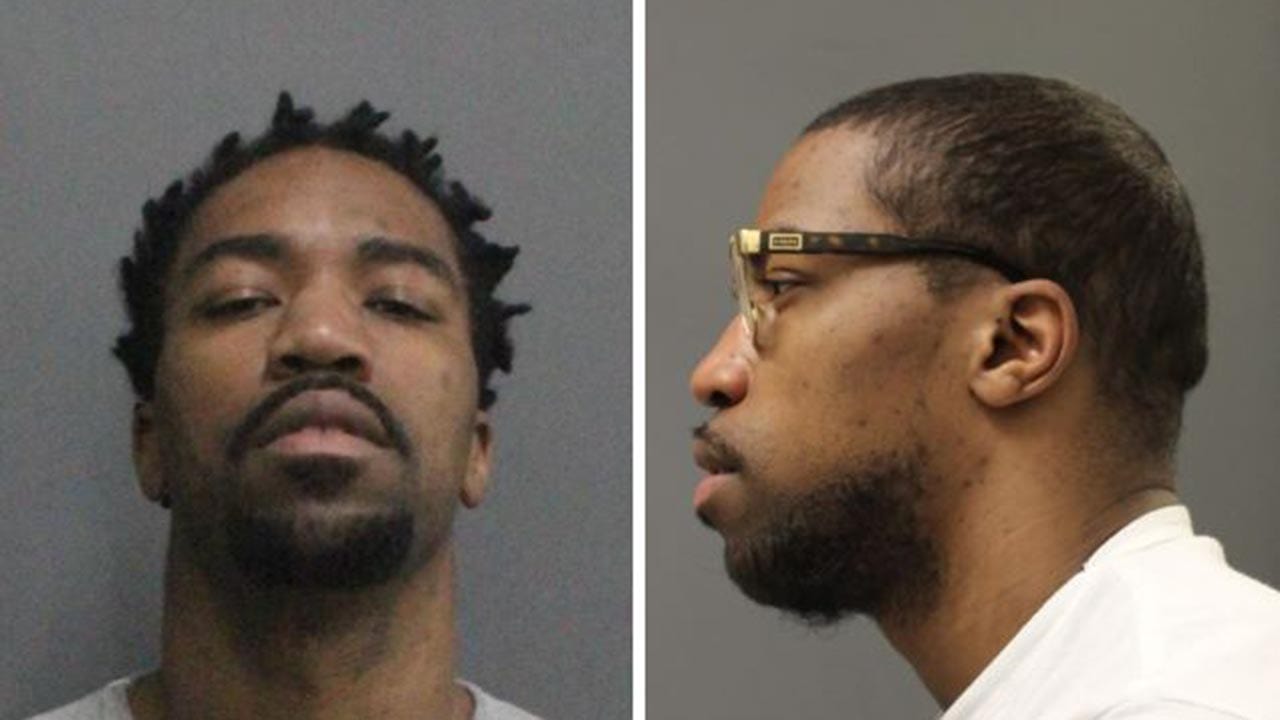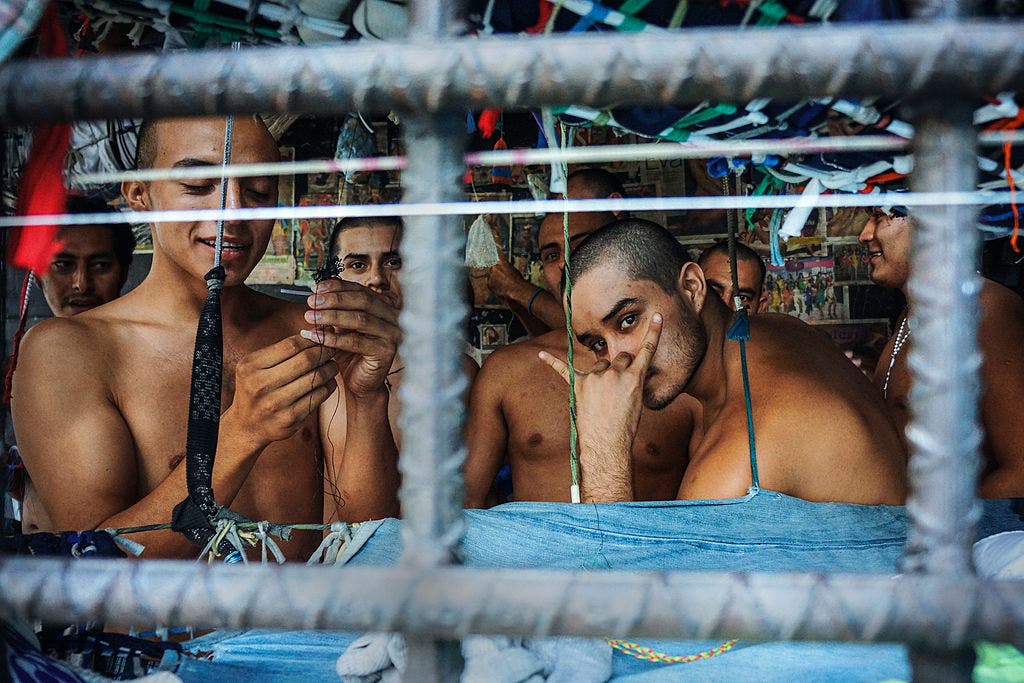A criminal trial is often a contest between competing stories. In the trial of Donald Trump that’s just begun, prosecutors used their opening statement yesterday to tell a story about a man they say lied — and broke the law — to get elected president.
The prosecutors said that Trump had paid $130,000 in hush money to a woman with whom he had an extramarital affair and that he had then filed false business records to pretend that the money was instead for legal fees. His actions were part of a pattern in which he repeatedly lied to shape his image, the prosecutors said, and it worked: He narrowly won the 2016 election.
The story that Trump’s lawyers offered in their own opening statements had two main features. First, they urged the jurors not to trust the witnesses who will testify against Trump, including Michael Cohen, Trump’s former lawyer, who previously pleaded guilty to making false statements. Second, Trump’s lawyers argued that his attempts to affect the election were ordinary politics.
“There’s nothing wrong with trying to influence an election,” Todd Blanche, one of Trump’s lawyers, said in his opening statement. “It’s called democracy.”
(Related: Our colleagues Jonah Bromwich and Ben Protess explain the trial’s opposing visions of Trump.)
Beyond the courtroom
The immediate audience for these dueling arguments is the jury of 12 New Yorkers who will decide the verdict. But there is also a larger audience that will judge the case, of course: American voters.
Trump’s lawyers hope to persuade both the 12 jurors and this year’s voters that his behavior amounted to normal campaign tactics. The prosecutors, overseen by Alvin Bragg, the Manhattan district attorney, want to portray Trump as a man who lied and cheated in ways that had little precedent.
“The case is not — the core of it’s not — money for sex,” Bragg said recently. “We would say it’s about conspiring to corrupt a presidential election and then lying in New York business records to cover it up.”
A guilty verdict would not prevent Trump from serving as president again. Nothing in the Constitution bars people from office because of a conviction. But if Bragg’s team can persuade jurors of the argument, it may have a big impact on the 2024 campaign.
In recent polls, a meaningful share of Trump’s current supporters say they would be less likely to vote for him if he were convicted of a crime. And because of how slowly the other three criminal cases against Trump are moving, this case may be the only one to complete a trial before the November election.
In the rest of today’s newsletter, we’ll give you the highlights from yesterday’s opening arguments and testimony and preview today’s proceedings.
Local cooking: Buon Ricordo plates helped make regional Italian food popular in restaurants. Now they’re collectors’ items.
Feelings: Researchers are trying to get inside the minds of animals.
Prescriptions: Are you taking multiple medications? You might need to scale back.
Much ado about nothing? Every year, millions visit a house known as Shakespeare’s Birthplace. The problem is, no one actually knows where he was born.
Lives Lived: Lori and George Schappell were conjoined twins fused at their foreheads. Despite their incredible physical closeness, they managed to lead separate lives — and they said they had neither wanted to be surgically separated nor wished to have been born separately. They died at 62.
SPORTS
Open conversations: On WFAN radio, the sports broadcaster Craig Carton invites former gambling addicts like himself to tell their stories.
N.B.A.: The New York Knicks took a 2-0 lead over the Philadelphia 76ers after a six-point turnaround with just seconds left.
Denver Nuggets: The defending champions pushed their series lead to 2-0 over the Los Angeles Lakers thanks to Jamal Murray’s buzzer beater.
ARTS AND IDEAS
A year and half after the death of Queen Elizabeth II, Britain has begun to memorialize her with statues. While past works depicted monarchs like Queen Victoria as imposing and stern, many of Queen Elizabeth’s statues will show her as approachable. A sculpture in the town of Oakham depicts her with three corgis at her feet. Real-life corgis came out for a look.






